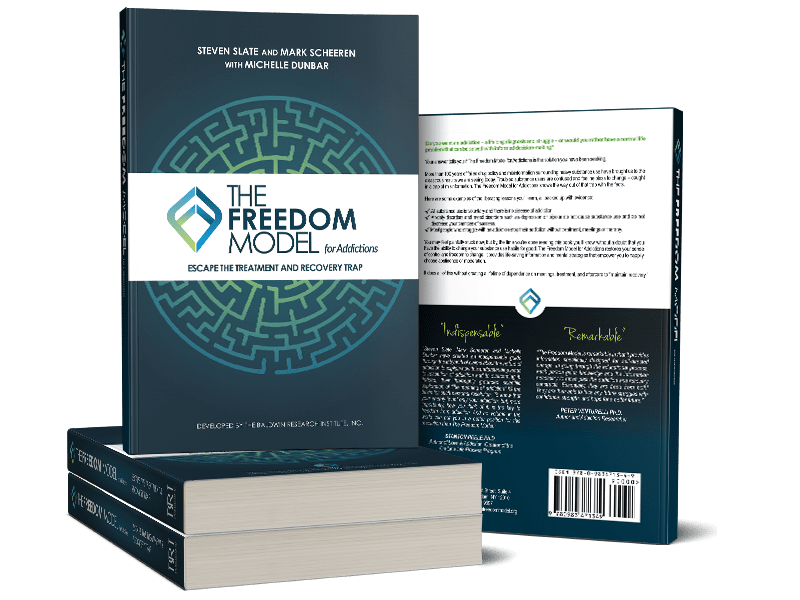Addiction Questions
Will Naltrexone help me get over my drinking problem?
“A recent study of naltrexone for alcohol showed that both patients who were on the real drug and those on the placebo similarly reduced their craving and drinking. The fact is that those who believe it works had already figured out before they started taking the drug that they’d be happier with less substance use. Taking this drug was just a symbolic part of their decision to change. It may have provided a convenient storyline for them as well. It’s comforting to think that your behavior was the result of a disease and that you needed a pill to change it. That wipes away a lot of shame. The idea that this drug reduces cravings is an illusion though. The drug didn’t change these people; they changed themselves by changing their perspectives on the relative value of heavy substance use in their lives.
If we take their interpretation of their experiences as proof that naltrexone was what “worked” to reduce their desire for alcohol and then recommend that others with a strong desire for opiates or alcohol do the same, then we’ve missed the point of what really drove the change—“wanting it to work.” If you force people suffering from a strep infection to take penicillin, it wouldn’t matter whether they want or don’t want the medication to work; either way, the drug would eradicate the infection. Likewise, if a drug could remove cravings, then it wouldn’t matter whether someone had been coerced to take it or voluntarily took it because the drug would work regardless. But we see here that it does matter. In fact, based on the data, it’s the only thing that matters. People who don’t “want it to work” do not experience reduced cravings while on it. Desire is a matter of the mind, not one of pharmacological processes.”


0 Comments